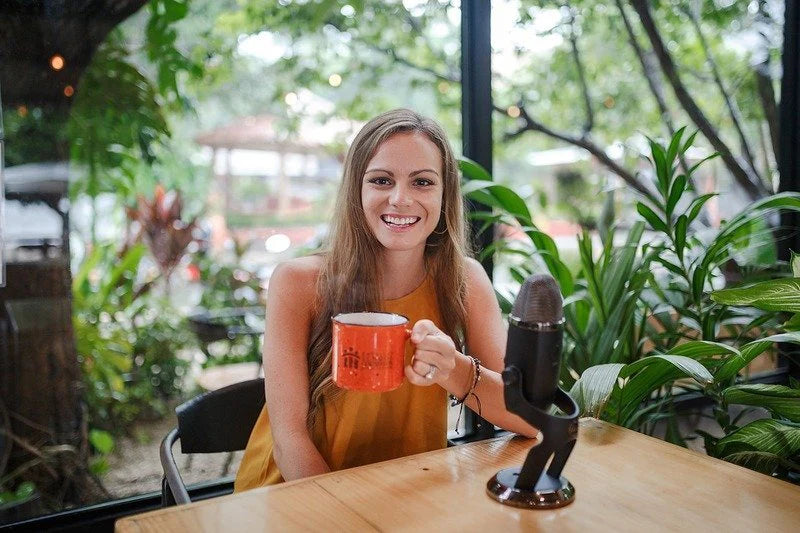7 Ways to Use Games in Small Groups
If you know me or have been following my posts, you would know that groups are my favorite way to see students because I can reach more kids at once and they tend to open up more in a group setting rather than in a one-on-one session.
For students, one of their top reasons for liking small group counseling is because they get to play a plethora of games, week after week! They have fun while learning so it's a win-win situation for everybody, right?
That said, I have encountered elementary counselors who are not too confident when it comes to incorporating games into small groups simply because they're unsure of what games to play or of how effective a session like that would be.
If you're wondering how games can enhance your small group sessions, read on!
7 Ways to Use Games in Small Groups
1. Icebreakers
Rapport and relationships are best built when there are ample opportunities for students to get to know each other. Using an icebreaker at the start of your small group sessions will help students loosen up a bit. When they find similarities among themselves, they are more likely to open up and get more interested and involved in the actual lesson that will follow. Be it a scavenger hunt, a game of Bingo, or 'Would you rather' game, incorporating games as an icebreaker is a sure hit with kiddos.
2. Mini Lessons
Learning can happen anywhere and anyhow. In my experience, games can be used as lessons too, especially when all you have is 20-30 minutes a week with your students. My jeopardy-inspired Meet the Counselor Game Show is a classic example, so is this Meet the Counselor Escape Room Lesson. Without really explicitly teaching a lesson, in the form of a game, students will be able to understand the role of the counselor, and also bust myths surrounding our role and services.
3. As opportunities to teach, model, and practice concepts and skills
This is the prime reason to be using games in your small groups. Never underestimate the power of learning through play. While students might think they're just having fun, they probably don't realize that a game like 'Simon Says' or 'Freeze Dance' is in fact helping them practice self-control or that a personalized game of UNO is helping reinforce all that they've been learning about the Zones of Regulation. Play along so you can model responses and also make the student feel more at ease.
4. As tools to reinforce, revise, and assess
Wondering if your littles remember their lesson from last week's group session? Don't have time to go over what was last done? Here's when you could play a game related to the skill/concept/topic you were working on and check to see how much they remember and what your next lessons might need to include.
5. To encourage collaboration and teamwork
Playing games in a group setting encourages students to interact with each other and work on their social skills too. It is a great team building activity. Scoot games are great if you'd like your kiddos up and moving, and board games are a huge hit with small groups. They both offer a fun and interactive way to reinforce skills. If you're up to a challenge, you can even create your own scoot and board games!
6. Brain Breaks
Group sessions can seem long for some kids and it's always good to give them a break between two major learning engagements/tasks. I have found that a quick game of 'Beach Ball Toss' or 'Sides of the Room' are effective games to use as brain breaks.
7. Closing Activities
When kids in your small group know they're going to get to play a game, they invariably do their best to give you their undivided attention. Playing games as a closing activity works as both a reinforcement of what's been taught, but also as a special group tradition that your kiddos will come to love.
Looking for more ideas of what games to play during group counseling sessions? Need some low/no prep small group counseling resources that come with all the games/activities mentioned here and then some more? My Group Curriculum Super Bundle has everything you need to implement a full Tier II school counseling program. With 20 small groups and ready to use lessons, activities, and games you will have something available for every situation. This group counseling curriculum meets ASCA Mindsets and Behaviors standards and has self-assessments to collect data-driven results.
Do you incorporate games in your small groups? Which are your favorite ones to play? What do your students enjoy the most? I'd love to know in the comments.
SHARE:














